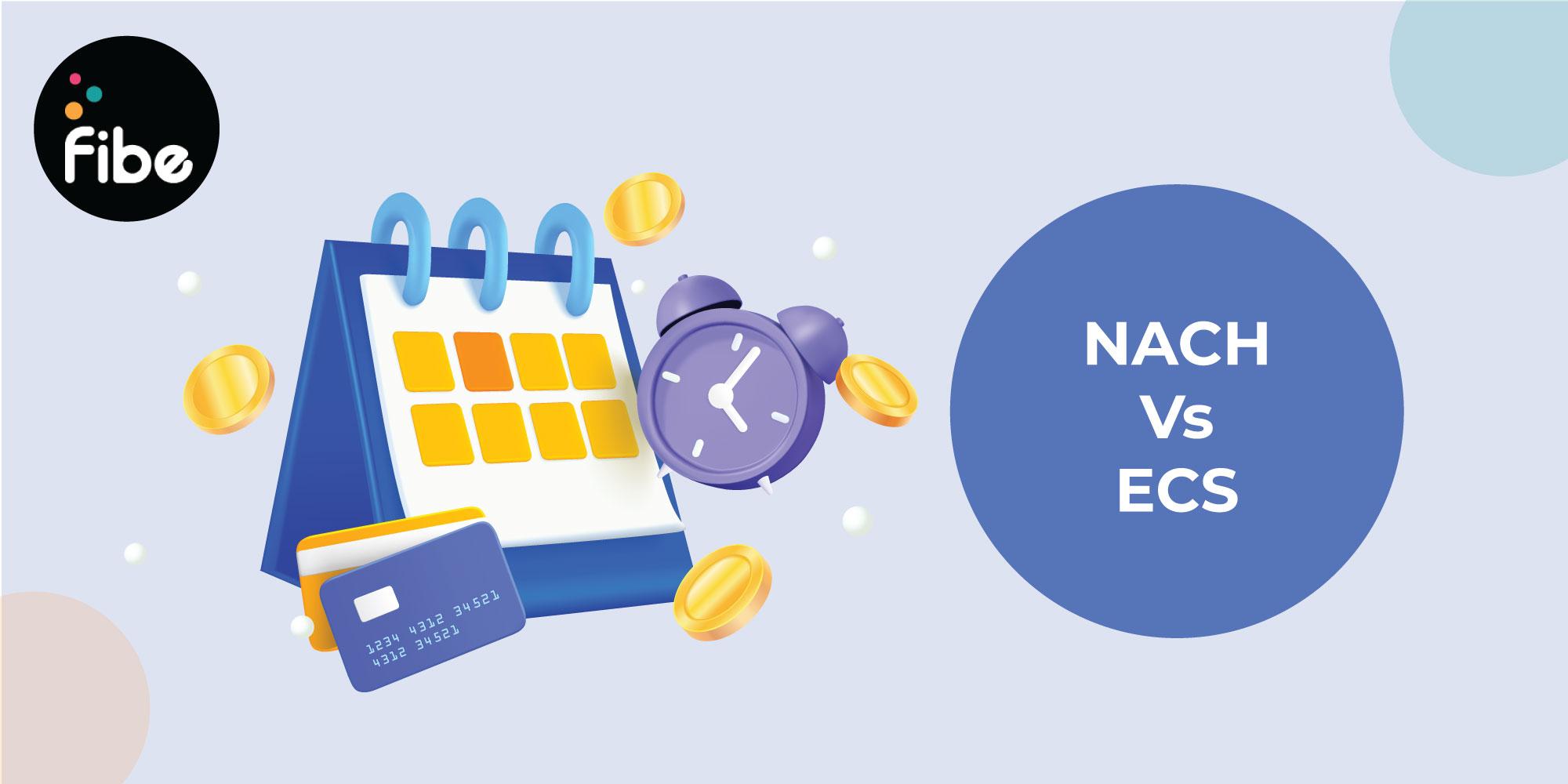
If you’ve come across the term ‘BSR code’ while filing your taxes or making payments online, you might wonder what it means and why it’s important. BSR stands for Basic Statistical Returns code (that’s the BSR full form), a unique number assigned to every bank by the Reserve Bank of India (RBI). This code makes …
Continue reading “BSR Code: Meaning, Format & How to Find Yours Easily”

Knowing the varying features of a salary account vs a savings account helps you choose a feasible option. To begin with, a savings account is a financial product that helps you keep your money secure and earn nominal interest. On the contrary, a salary account is available only if you get a salary and your …
Continue reading “Salary Account VS. Savings Account: 5 Important differences to know”

DBT full form in bank is Direct Benefit Transfer, a government program designed to transfer subsidies directly to beneficiaries’ bank accounts, ensuring convenience and transparency. With many welfare programs introduced by the Government of India, DBT ensures its benefits reach the underprivileged population on time without hassle. Often, the funds released from the government trusts …
Continue reading “Direct Benefit Transfer (DBT): A Detailed Guide”

RBI launched Digital Rupee officially as a legal tender for the wholesale segment on December 1, 2022. Taking another step towards the ‘Digital India’ initiative, the new digital currency of India is exchangeable with paper currency. Also referred to as the Central Bank Digital Currency (CBDC), this helps the country head towards a cashless economy. …
Continue reading “What Is the Digital Rupee? All You Need To Know About It”

The bank number on a card is the first 4 to 6 digits mentioned on all payment cards. Also known as the Bank Identification Number or BIN for short, it is an essential component of your card number. It helps track stolen cards and reduces the chances of theft. You’ll find the Bank Identification Number …
Continue reading “Bank Identification Number (BIN): All You Need To Know”

With paper money replacing heavy coins, carrying and circulating money becomes easier. As a legal tender, paper currency holds its value even in the digital age. It will continue to do so in the near future. Given this, you need to know the history behind the origination of paper money and how it works. Know …
Continue reading “What Is Paper Money? All You Need To Know About”

By knowing the difference between NEFT and RTGS, you can decide which option is right for you, depending on the urgency and limit. Since the introduction of digital modes of fund transfers, these options have gradually replaced traditional methods like cheques and demand drafts. RTGS and NEFT are among the most popular online transfer options, …
Continue reading “NEFT vs RTGS: A Detailed Comparison Explained”

If you often leave extra money sitting in your savings account, you may be losing out on better returns. That’s where the automatic sweep feature comes in. Many people search for what is auto sweep facility because it promises higher interest without you having to lock your money away. You can think of it as …
Continue reading “Auto Sweep Facility: Banks List, How to Activate & Benefits?”

Credit derivatives are a type of financial contract that helps parties minimise their credit risk. Two parties hold these negotiable bilateral contracts privately and trade them over the counter. In credit derivatives, creditors can transfer the credit risk of a debtor to a third party. In exchange for taking the credit risk, the third party …
Continue reading “Credit Derivatives: Know Meaning, Various Types and Benefits”

The importance of understanding the difference between NACH and ECS is growing as the nation moves towards digital payments. Among the many modes of electronic transfers, these are two of the most popular options.Many companies, banks, financial institutions and merchants use ECS and NACH to receive and make payments. These options also allow automatic deduction …
Continue reading “ECS vs NACH: Full Form, Meaning & Key Differences”
